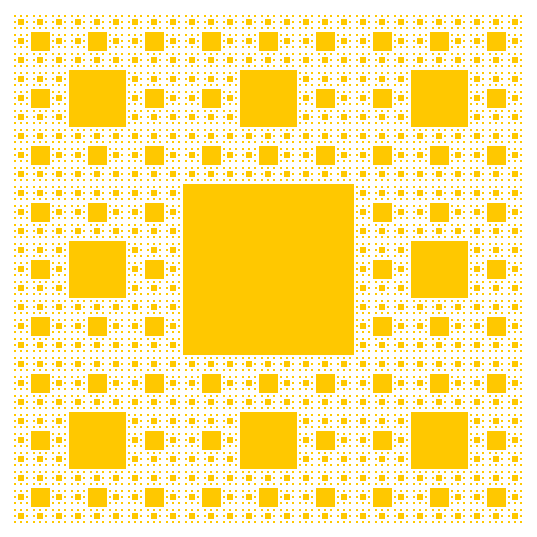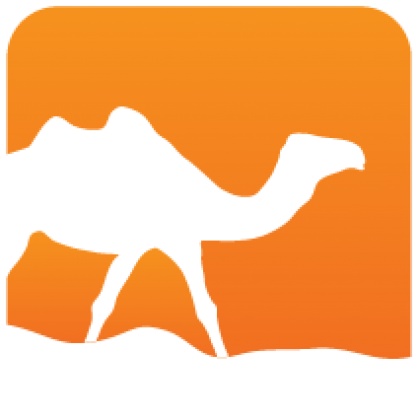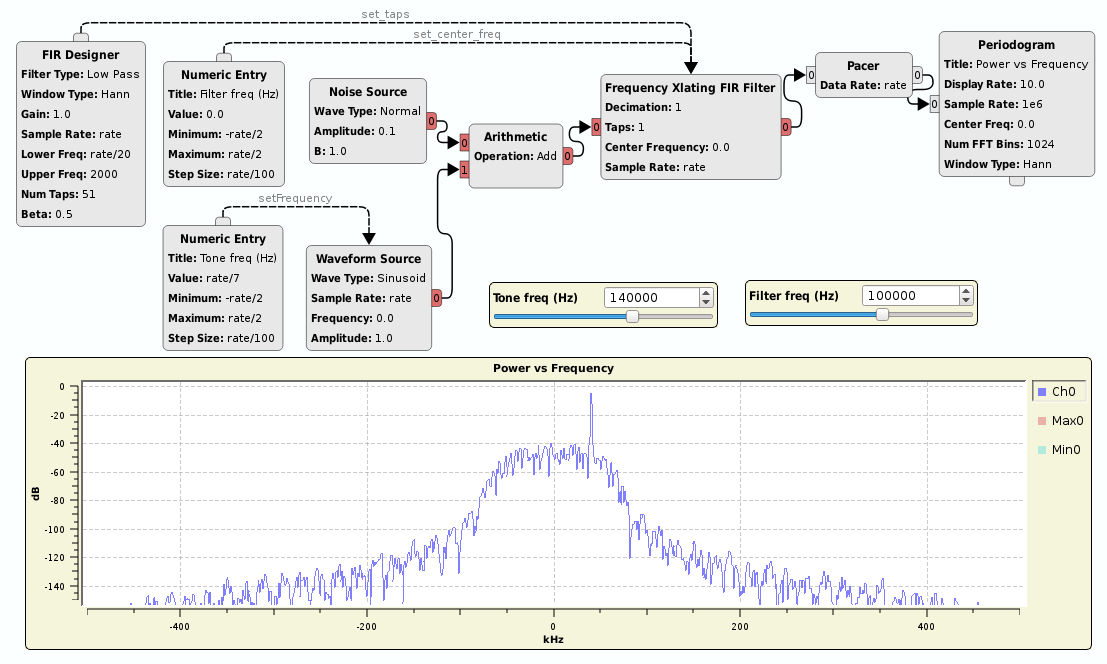Exercism - Get your Code Deamons Out! Heal Your Body!
Exercis(m)
The best way to keep the mind, body, and soul sharp is to exercise! No better way to learn new programming paradigms than following this same precept when learning new concepts in an unfamiliar programming language. There are several sites online that afford noobs practice problems - Hackerrank, kaggle to name a few. But one that I recently came across, exercism.io, aims to provide not just programming exercises, but a community of folks committed to commenting and sharing both code and criticism on implementations to problem sets across many languages.
Continue reading





